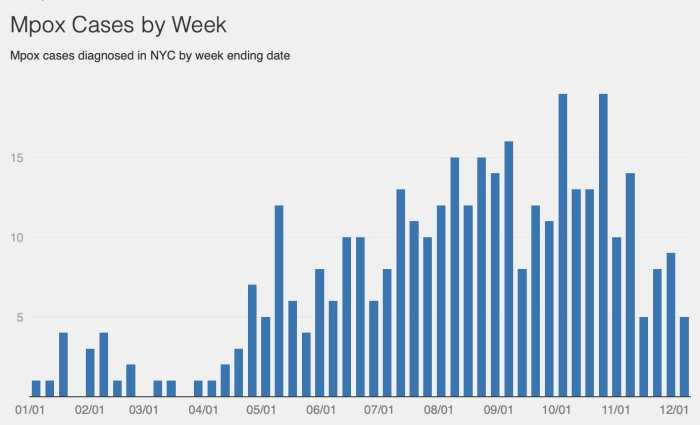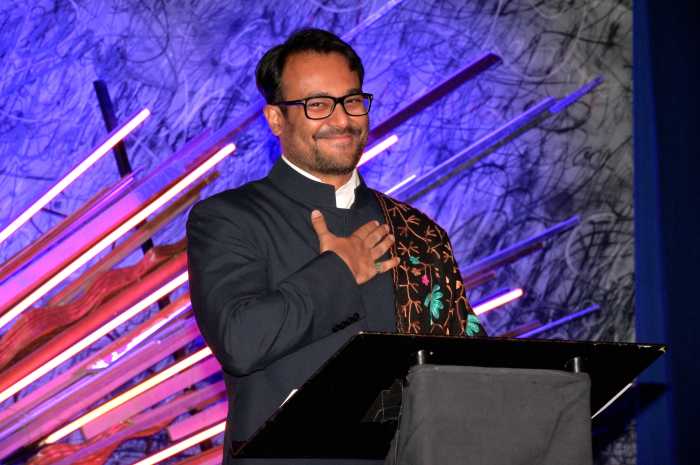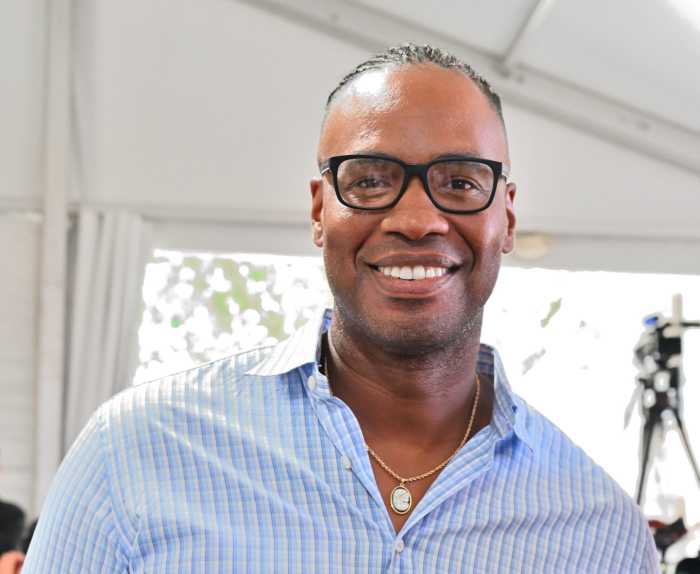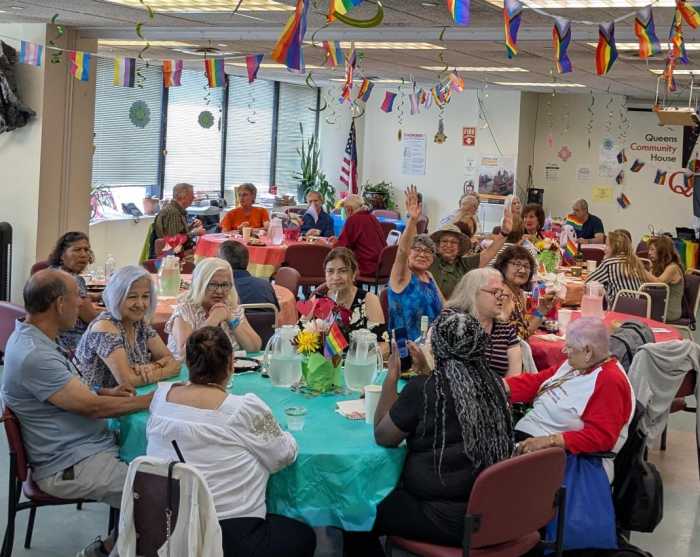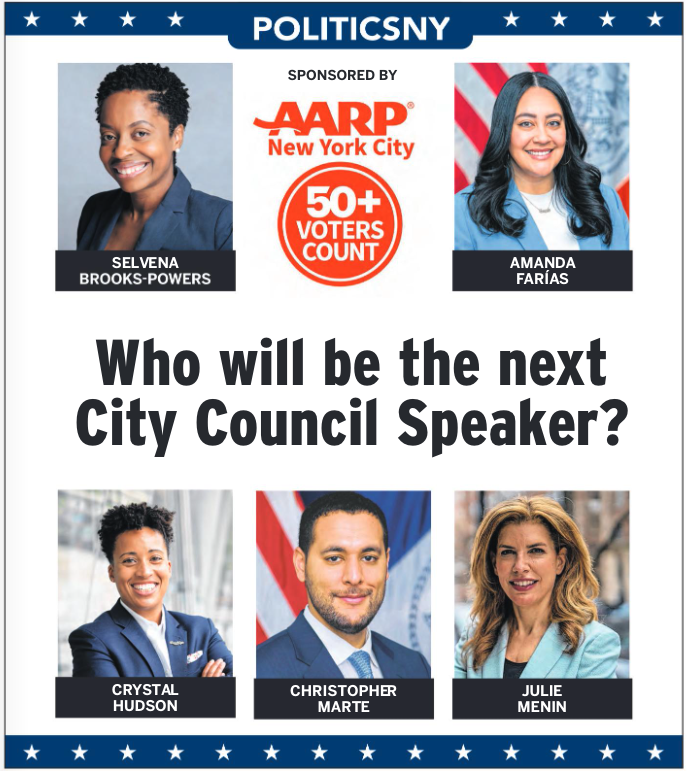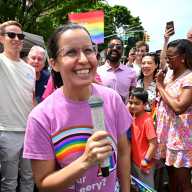BY DAN CARLSON AND BRUCE KELLERHOUSE, PH. D.
Anger is inherent in being activists. The temptation to blame organizations and criticize individuals for rising HIV infection rates is very powerful for us. After all, by 2003 HIV prevention professonals in New York City had presided over the highest rates of new infections among gay men since the 1980s, and we caught them asleep at the wheel.
At the time, our activism at the HIV Forum was fueled by anger and was intended to provide a well-needed wake-up call to the community, and to stimulate a new dialogue about HIV transmission and prevention.
Nearly three years later, while we still experience dismay at the community’s response to rising infections, we have achieved a greater understanding of the complex factors that drive new infections and the multiple limitations and obstacles that organizations face in responding to it. So, we want to share with you our vision for HIV prevention that moves the conversation beyond divisiveness, and instead advocates for a paradigm shift in how we address gay men’s health.
Through our programs and activities, we had hoped to create an epidemic of our own—in what Malcolm Gladwell (“The Tipping Point”) might call a social epidemic of health and wellness. We sought to “infect” the mindset of gay men about HIV toward prevention and risk assessment. As with any health epidemic, viruses in attitudes are contagious, too. The central vehicle to our wellness epidemic was dialogue. We sought to influence the social networks of gay men through public forums, social marketing, editorials, meetings with community leaders, and networking with others who influence those around them. Our goal was to create dialogue that enlivened discussions among gay men so that they would maintain an awareness of HIV prevention.

Having succeeded in getting the community’s attention and heightening awareness, we expanded our ecological view to include programs that address social norms. We believe that how gay men perceive the norms of the larger community and how they view their relationship to those norms greatly impact their thinking, decision-making, and behavior.
In such situations, peers set standards of acceptable and valuable behavior. Thus, even if the larger culture considers HIV transmission, crystal use, and risky sex undesirable, gay men may learn and continue such behaviors if the peer group provides models for it, rewards it, and defines it as desirable. In other words, some gay men may be inclined to engage in all kinds of risky behavior just to fit in, regardless of their personal beliefs.
Therein lies the challenge: how do we influence social networks and change social norms, so that we can begin to lower infection rates?
We must expand our thinking and reconsider paradigms that might be outdated and possibly failing. HIV prevention must move beyond workshops, counseling and testing, and condom distribution. While these are necessary ingredients for change, they are not sufficient.
We need to get out of our offices and into the complex social networks of gay men. We need to assess community norms and harmful misperceptions that drive risky behavior. Information needs to be gathered from multiple social networks so that we can see how misperceived norms drive HIV and other STD infections. This, in turn, will help us to influence those networks through various touch-points —such as print media, the Internet, environmental marketing, and popular opinion leaders–designed to reduce harmful misperceptions about norms for high risk behavior.

The objective is to create an integrated social climate in which gay men will more accurately understand peer disapproval of risky behavior and in which more responsible conversations about health, behavior, and drug use will take place.
We believe that dialogue is the social lubricant that transforms the community—and it can be used as a powerful prevention tool.
Man to man, we can create an epidemic of our own.
Dan Carlson and Bruce Kellerhouse Ph.D. are co-founders of HIV Forum, a grassroots HIV prevention initiative based in New York City. They can be contacted at info@hivforumnyc.org.

gaycitynews.com



